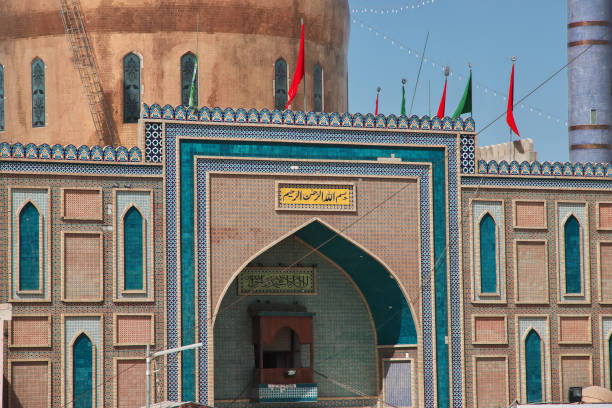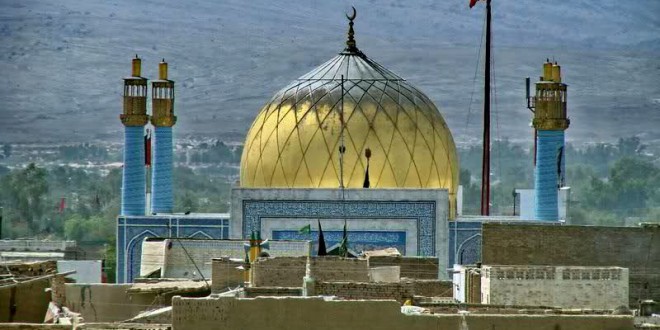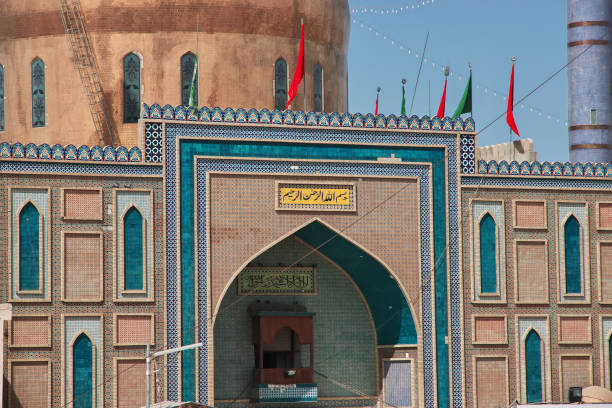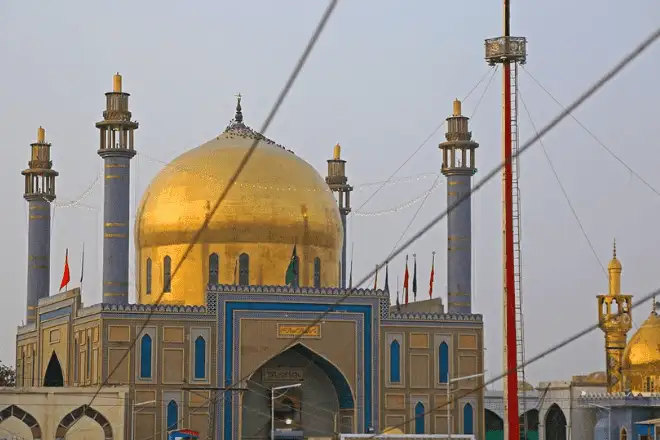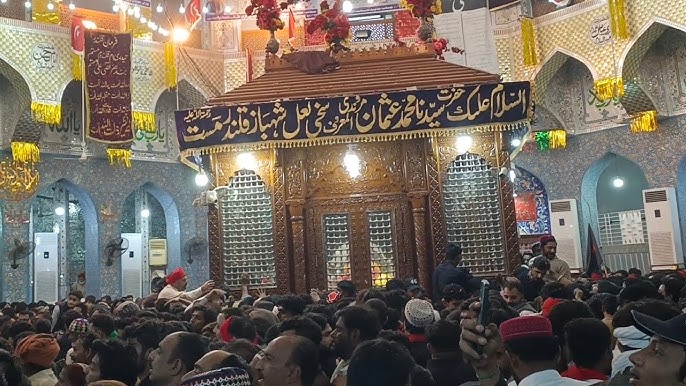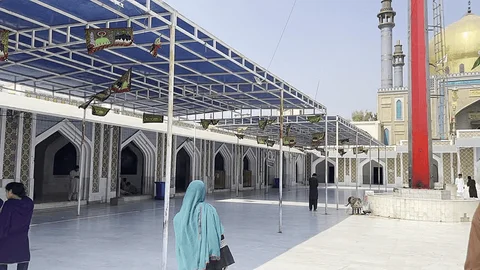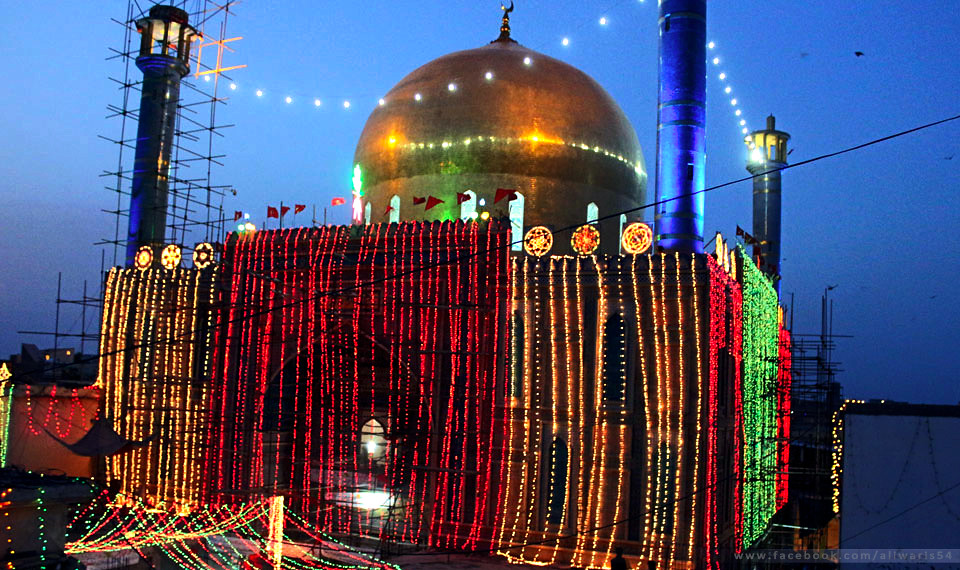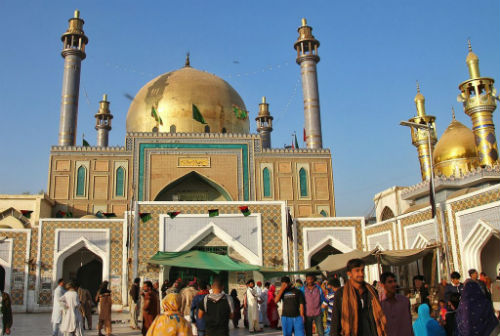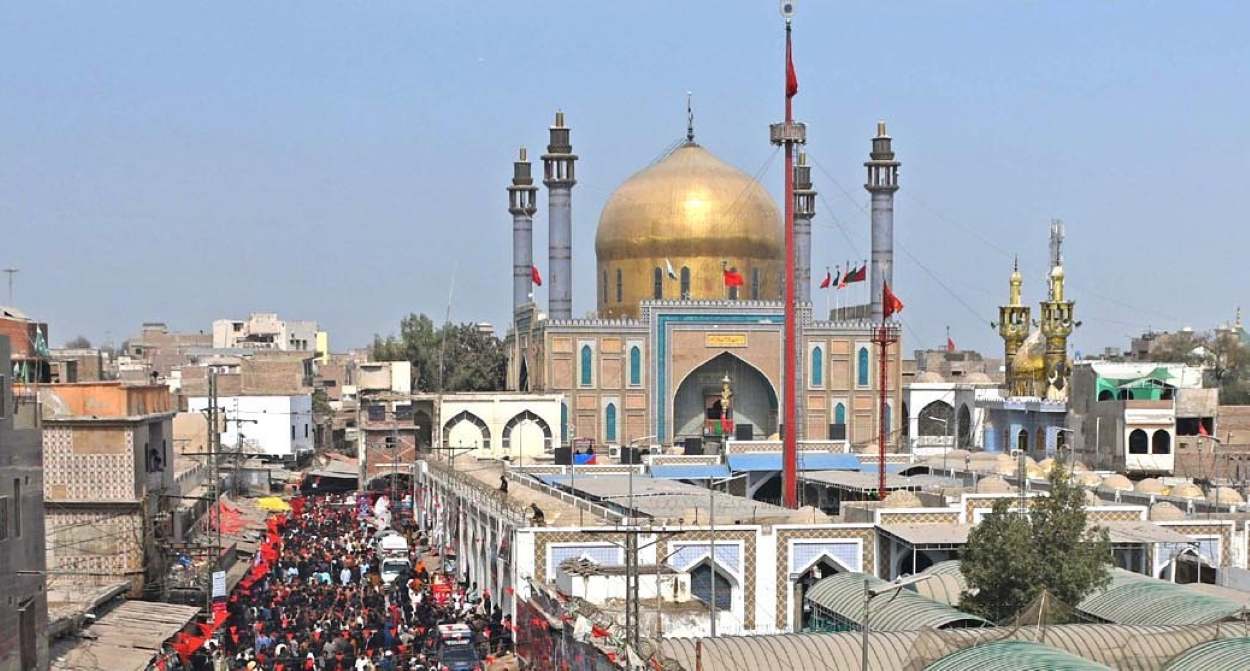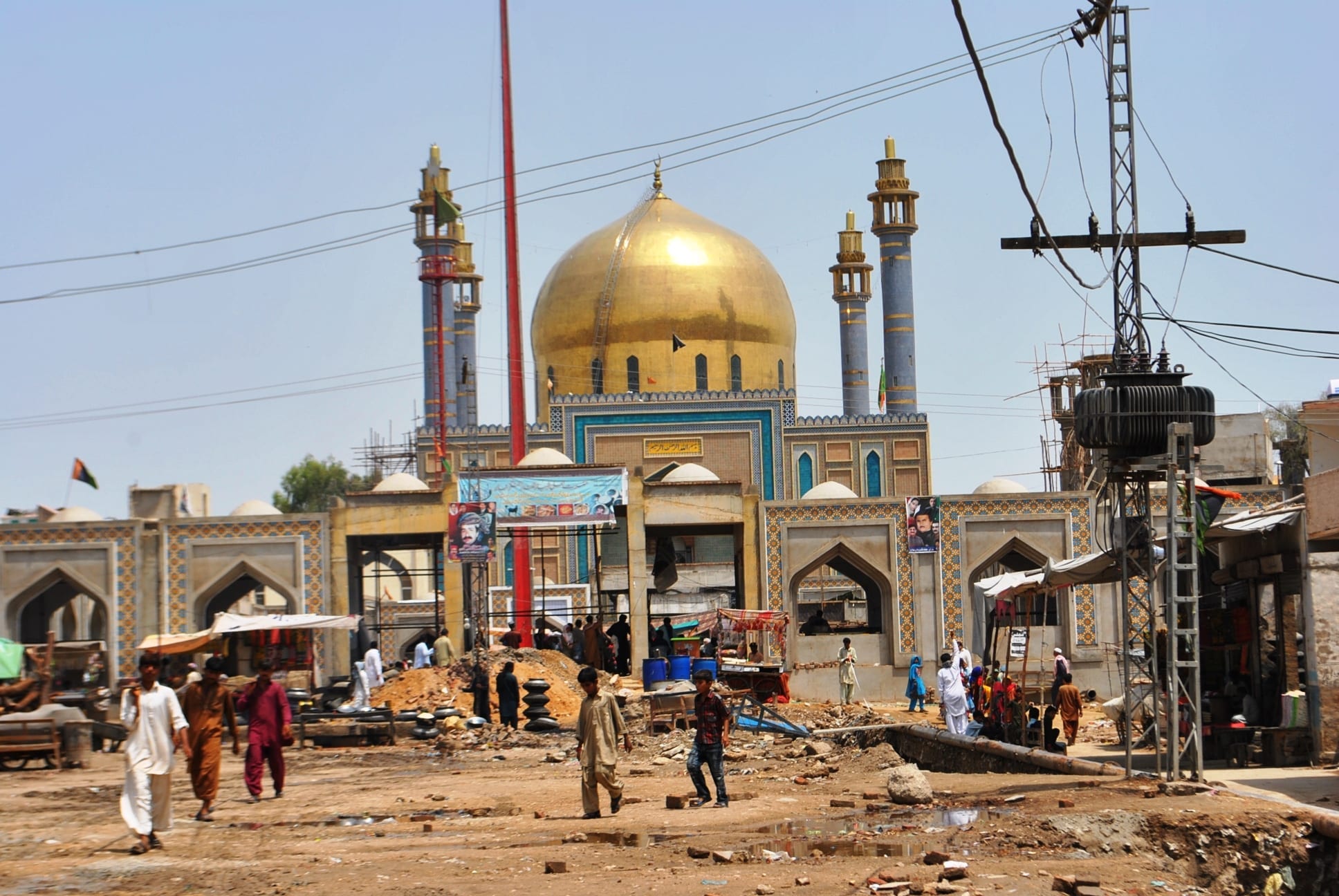
About the Sehwan Sharif
The Spiritual Heart of Sindh
Introduction
Sehwan Sharif, a revered town in the Sindh province of Pakistan, is one of the country’s most prominent spiritual and historical destinations. Famed for the shrine of the great Sufi saint Hazrat Lal Shahbaz Qalandar, Sehwan is a place where spirituality, history, culture, and tradition converge. Pilgrims, history buffs, and tourists alike are drawn to its sacred atmosphere and unique charm. Whether you're seeking inner peace, a cultural experience, or a journey through time, Sehwan Sharif offers a deeply enriching visit. This article explores the history, attractions, spiritual significance, cultural festivals, and visitor information that make Sehwan a must-visit destination.
History and Spiritual Significance
Sehwan's roots go back thousands of years, with references found in ancient texts and historical records. It is believed that the area has been continuously inhabited since the time of Alexander the Great. However, Sehwan Sharif gained prominence with the arrival of Hazrat Usman Marwandi, widely known as Lal Shahbaz Qalandar, in the 13th century.
A mystic, scholar, and spiritual leader, Lal Shahbaz Qalandar preached love, tolerance, and devotion to God. His shrine, which now stands as the town's focal point, was constructed in the 14th century and has since undergone multiple renovations. It is considered one of the holiest Sufi shrines in South Asia and a symbol of interfaith harmony, where people of all religions and backgrounds are welcomed with open arms.
Architectural and Aesthetic Appeal
The shrine of Lal Shahbaz Qalandar is a magnificent structure adorned with intricate tile work, calligraphy, and a golden dome that gleams in the sunlight. The main entrance opens into a large courtyard that is always alive with the rhythms of qawwali and the footsteps of devoted pilgrims.
The shrine’s interior features white marble floors and beautifully carved pillars. The tomb chamber, where the saint rests, is encased in silver and decorated with colorful glasswork and floral motifs. The entire complex is lit up in the evenings, creating a surreal and spiritual ambiance. The architectural style reflects a blend of Mughal, Persian, and Sindhi elements, symbolizing the fusion of diverse cultural influences.
Attractions and Activities
1. Shrine of Lal Shahbaz Qalandar
The main highlight of Sehwan is the shrine itself. Visitors from across Pakistan and abroad come to pay their respects, offer prayers, and experience the spiritual energy of the site. The rituals performed by devotees—like dhamaal, a form of Sufi trance dance—are both moving and mesmerizing.
2. Dhamaal Performances
Held daily around sunset and particularly electrifying on Thursdays, dhamaal performances involve rhythmic drumming and whirling dances. These spiritual expressions are believed to bring inner peace and are a significant part of the shrine's daily life.
3. Local Bazaars and Handicrafts
Surrounding the shrine are vibrant bazaars selling everything from prayer beads and Sindhi topis to handwoven textiles and devotional music CDs. These markets are perfect for picking up cultural souvenirs and experiencing the local lifestyle.
4. Indus River Excursion
A short distance from Sehwan is the mighty Indus River. Visitors can take boat rides or enjoy scenic walks along the riverbank, where migratory birds and calm waters offer a peaceful retreat.
5. Manchar Lake
Located about 18 kilometers from Sehwan, Manchar Lake is the largest freshwater lake in Pakistan. Visitors often extend their trip to this beautiful natural site for boating, birdwatching, and traditional fishing experiences.
Dining in Sehwan Sharif
While Sehwan is not known for fine-dining restaurants, it offers a rich variety of local Sindhi and Pakistani cuisine through roadside eateries and food stalls. Traditional dishes like Sindhi Biryani, Sai Bhaji, Kunna Gosht, and fresh fish from Manchar Lake are widely enjoyed.
Some notable options include:
- Al Noor Hotel – A family-style desi restaurant near the shrine offering delicious curries and rice dishes.
- Pakwan House – Known for BBQ and local gravies.
- Street Vendors – Try kachori, pakoras, lassi, and sweets like sohan halwa and malai khaja.
Events and Festivals
The city truly comes alive during spiritual events and festivals, attracting hundreds of thousands of visitors.
Urs of Lal Shahbaz Qalandar
Held every year in Sha’ban (the Islamic lunar month preceding Ramadan), the Urs is a three-day festival commemorating the death anniversary of the saint. It features:
- Dhamaal gatherings
- Qawwali performances
- Sufi seminars and poetry recitals
- Spiritual rituals and night-long vigils
The shrine is illuminated with lights, and thousands of devotees take part in processions and offerings.
Weekly Thursday Nights
Thursday evenings are considered spiritually potent. Pilgrims often gather to recite verses, light candles, and participate in group prayers and dhamaal.
Ticket Prices and Entry Information
- Entry to the Shrine: Free of charge for all visitors.
- Special Events (like Urs): Free access, but donations are appreciated. Security checks and ID may be required for entry during high-alert days.
- Boat rides at Manchar Lake: Prices vary; expect PKR 300–500 per person for short rides.
- Guided Tours: Local guides available for PKR 500–1,000 for a full-day walkaround.
Timings
- Shrine Timings:
- Open 24/7 all year round.
- Peak visitation times: Thursdays, Fridays, and festival days.
- Local Bazaars and Eateries:
- Open daily from 9:00 AM to 10:00 PM.
- Manchar Lake Boat Services:
- Available from 8:00 AM to 6:00 PM.
Parking and Accessibility
Parking:
- Paid parking lots are available near the shrine, managed by local authorities. Charges are:
- Motorbike: PKR 30
- Car: PKR 100
- Vans/Buses: PKR 200
- Accessibility:
- The shrine complex includes ramps for wheelchair users.
- Public restrooms are available near the entrance.
- Hotels and guesthouses are located within walking distance of the shrine.
Address: CV67+V5 Sehwān, Pakistan
